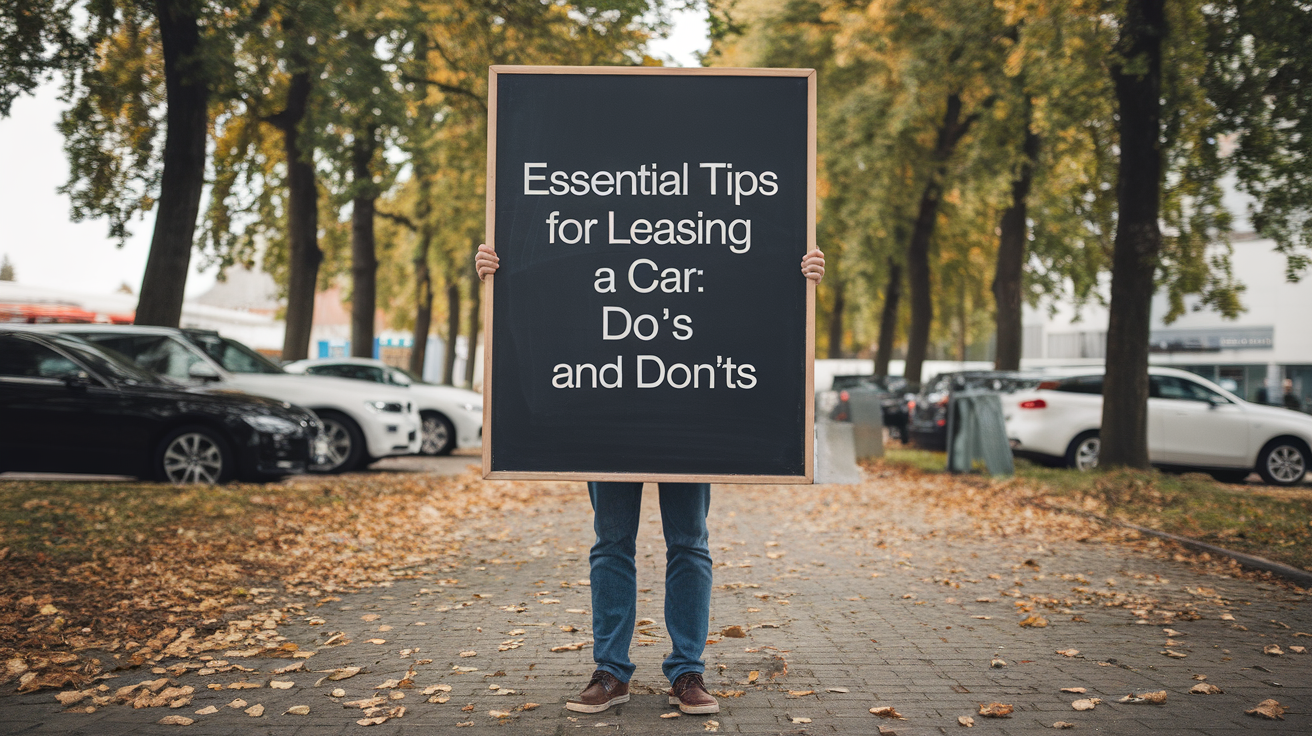Boost Your Emergency Fund: 7 Effective Strategies
Setting money aside for emergencies can significantly enhance your financial security. It helps you navigate financial crises without derailing your budget or resorting to debt. Whether you’re starting from scratch or aiming to expand your emergency fund, there are several steps you can take to accelerate your savings. Here are seven tips to help you build your emergency fund faster.
1. Set a Goal Amount
Begin by establishing a clear savings goal. Financial experts often recommend setting aside three to six months’ worth of basic expenses. However, the right amount for you depends on various factors.
First, choose a goal that is both motivating and attainable. For instance, you might aim to save $3,000 by the end of the year, which would require saving $250 per month or $125 from each biweekly paycheck. Adjust the numbers to find a goal that suits your situation.
Second, consider your personal circumstances. If you have low expenses, no dependents, and a stable income, three months’ worth of expenses might suffice. Conversely, if you have multiple dependents or an unstable income, aiming for six months or more could be a safer bet.
2. Know Where to Keep Your Funds
Maximize your savings by letting interest work for you. Keep your emergency fund in a liquid account—one that you can access quickly if needed—while earning more interest than a standard savings account.
High-yield savings accounts are an excellent option. They offer higher interest rates than traditional savings accounts while maintaining easy access to your funds. Here are some high-yield savings accounts to consider:
- American Express National Bank: 4.25% APY
- Discover®: 4.20% APY
- CIT: 4.85% APY
- Barclays: Up to 4.80% APY
- Western Alliance Bank: 5.31% APY
- UFB Direct: 5.15% APY
- Valley Direct: 4.75% APY
- Laurel Road High Yield Savings®: 5.00% APY
- Bask Bank: 5.10% APY
3. Save Automatically
Set up automatic transfers to your savings account each pay period to ensure consistent growth of your emergency fund. Many employers allow you to split your direct deposit, so a portion of each paycheck goes directly into your emergency fund. This “pay yourself first” strategy helps you stay consistent and prevents you from spending money meant for savings.
4. Free Up Funds
To accelerate your savings, find ways to reduce your expenses and redirect those funds into your emergency fund. Here are some ideas:
- Cancel unused subscriptions: Audit your recurring expenses and cancel any subscriptions you don’t use or enjoy.
- Cut back on dining out: Reducing the frequency of eating out can save you hundreds of dollars each month. Even a temporary limit can make a significant difference.
- Save at the grocery store: Use coupons, shop sales, build meals around affordable staples, and prep meals in batches to trim your grocery bill.
5. Increase Your Income
Boosting your income can help you save faster, though it may require extra effort. Consider picking up a gig or part-time job with flexible hours, such as freelancing, selling items online, or driving for a ride-hailing service.
You could also ask for a raise at work, take on additional shifts, or work overtime to increase your earnings. Direct any extra income into your emergency fund to build it more quickly.
6. Put Windfalls to Work
If you receive a sudden influx of cash, such as a tax return, bonus, gift, or inheritance, deposit it directly into your emergency fund. Using windfalls to boost your savings can help you reach your goal faster without tightening your budget.
7. Try a Saving Challenge
If you enjoy challenges and games, a savings challenge can be a fun way to grow your emergency fund. The idea is to follow a set of rules that encourage you to spend less and save more.
Popular challenges include the no-spend challenge, where you avoid spending money on non-essentials for a set period, and the 52-week saving challenge, where you save an increasing amount each week. For example, save $1 in week one, $2 in week two, and so on, ending with $1,378 by the end of the year.
The Bottom Line
Setting a clear goal and automating your savings into a high-yield account can set you on the right path to building a robust emergency fund. Get creative with finding extra cash by cutting expenses and increasing your income. Remember, O1ne Mortgage is here to help with all your mortgage needs. Call us at 213-732-3074 for expert advice and services.
Additionally, keep an eye on your credit score. Monitoring your credit can help you secure lower interest rates when you need to borrow, such as for a mortgage or auto loan. By taking these steps, you can enhance your financial security and be better prepared for any emergencies that come your way.

